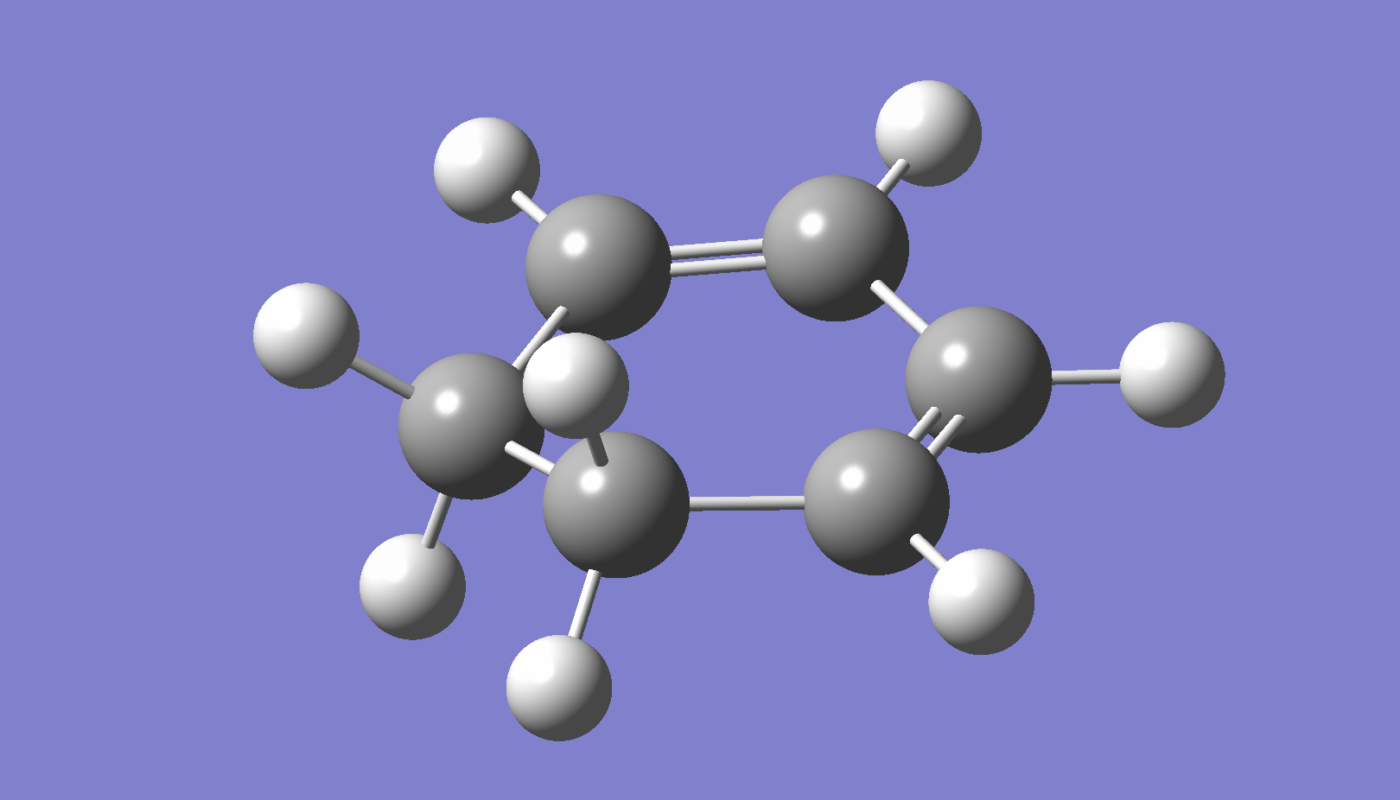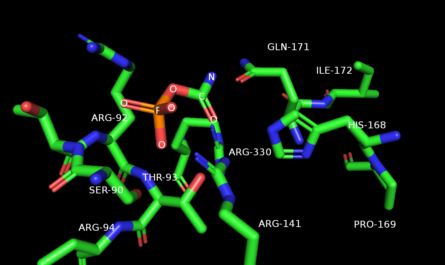Mechanism of Action
Glutamate is the major excitatory neurotransmitter in the brain and plays a key role in memory and learning. However, excessive glutamate activation can lead to neuronal cell death. This excitotoxicity mediated by glutamate receptor overactivation, particularly N-methyl-D-aspartate (NMDA) receptors, is thought to contribute to the progression of Alzheimer’s disease. Memantine is a non-competitive NMDA receptor antagonist. It binds to the NMDA receptor-associated ion channel in a way that allows normal glutamatergic transmission but blocks the effects of excessive glutamate. This modulatory action of memantine is neuroprotective and helps slowing down the progression of Alzheimer’s disease.
Efficacy studies
A number of randomized controlled trials have evaluated the efficacy and safety of memantine in patients with moderate to severe Alzheimer’s disease. An analysis of six studies with a total of 3,139 patients found that memantine treatment resulted in statistically significant improvement in symptoms based on the Severe Impairment Battery (SIB) and the Clinician’s Interview-Based Impression of Change plus caregiver input (CIBIC-plus) scales. Memantine treatment also led to a reduced rate of decline on the Alzheimer’s Disease Assessment Scale-cognitive subscale (ADAS-cog) and activities of daily living subscale (ADCS-ADL) compared to placebo. Some studies have also reported benefits of memantine on behavioral and psychological symptoms of Alzheimer’s disease such as aggression, agitation and delusions. Overall, memantine provides significant clinical benefits in patients with moderate to severe disease.
Safety and tolerability
Memantine has been found to be well-tolerated in clinical studies involving Alzheimer’s patients. The most common adverse reactions reported were dizziness, headache and constipation. These side effects were usually mild to moderate in severity. Serious adverse events and discontinuations due to adverse events were reported in about equal proportions of memantine and placebo treated patients. Memantine does not interact with cholinesterase inhibitors which are commonly used for mild to moderate Alzheimer’s disease. Combination therapy of memantine and cholinesterase inhibitors has shown possible synergistic benefits without significantly increasing the risk of adverse effects. This dual mechanism makes memantine a suitable option for patients at different stages of Alzheimer’s.
Role in treatment algorithm
The American Psychiatric Association and other national guidelines recommend memantine for treatment of moderate to severe Alzheimer’s disease based on clinical trial evidence. It demonstrates meaningful clinical benefits such as improved or stabilization of cognitive, functional, behavioral and global functioning compared to placebo. Memantine plays an important role in the stepwise treatment algorithm of Alzheimer’s disease (figure 1). It is used as monotherapy in patients who are not receiving or cannot tolerate cholinesterase inhibitors. Memantine can also be combined with cholinesterase inhibitors like donepezil or rivastigmine in patients with moderate to severe disease. This combination provides additional benefits over monotherapy and delays institutionalization. For those who fail to respond adequately to cholinesterase inhibitors alone, adding memantine provides further clinical benefits. Overall, memantine improves outcomes at different stages of Alzheimer’s disease and improves quality of life for patients and caregivers.
Future research
Despite the established role of Memantine in treating moderate to severe Alzheimer’s disease, there are still opportunities for future research. Studies evaluating memantine in earlier stages of the disease are required to determine if it can delay progression from mild cognitive impairment to Alzheimer’s dementia. Combination therapies of memantine with other novel disease-modifying agents targeting different pathways such as amyloid or tau also need evaluation. Long term follow up studies are lacking and required to assess the sustainability of benefits from memantine. Repurposing memantine for other neurological conditions with excitotoxicity involvement such as Parkinson’s disease is an interesting area that requires further investigation. Overall, memantine is an important symptomatic treatment for Alzheimer’s disease currently. Further research will help optimize its use and establish its possible disease-modifying effects.
*Note:
1. Source: Coherent Market Insights, Public sources, Desk research
2. We have leveraged AI tools to mine information and compile it



